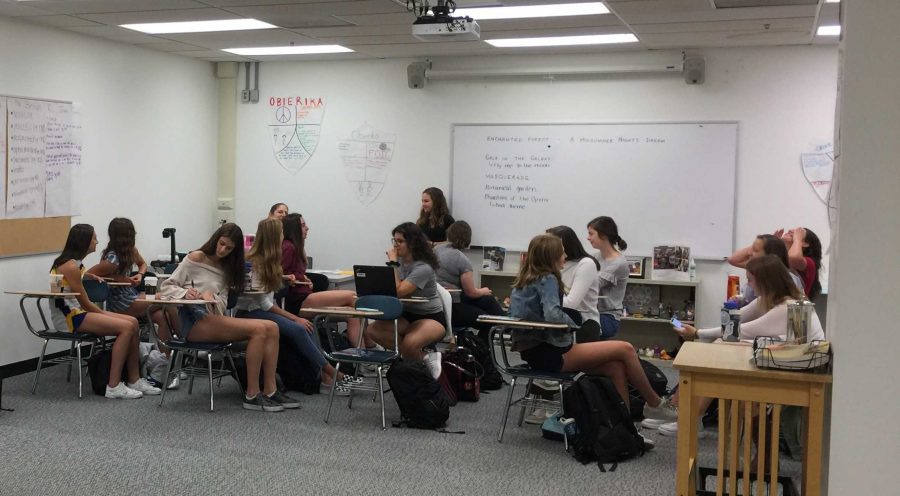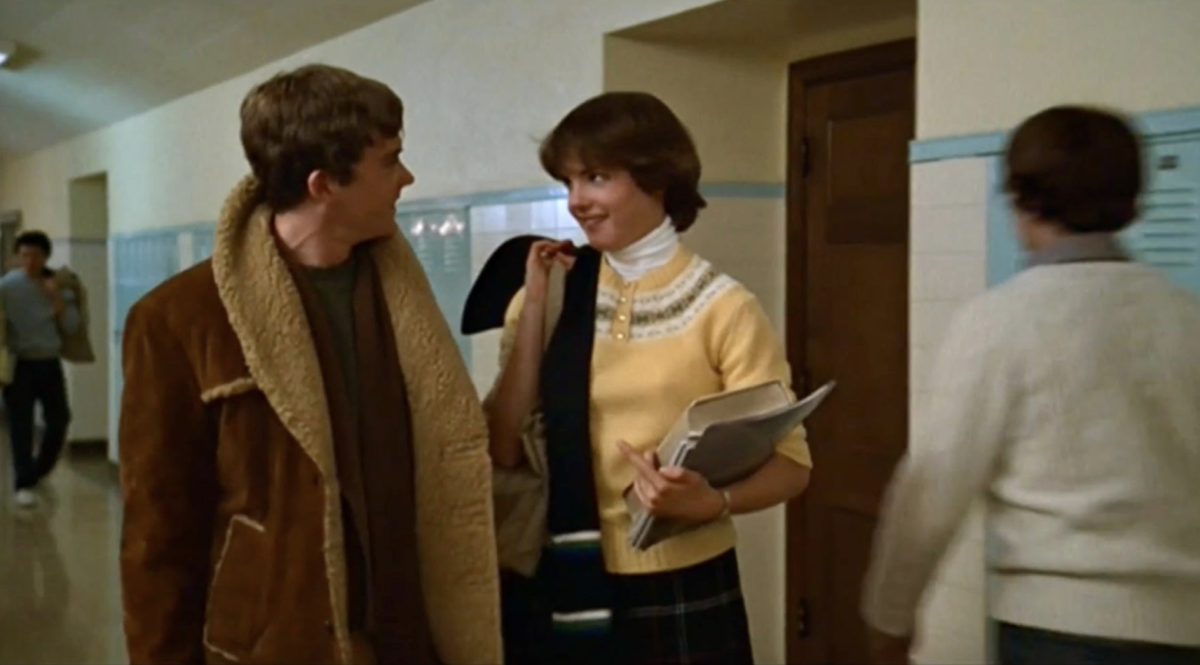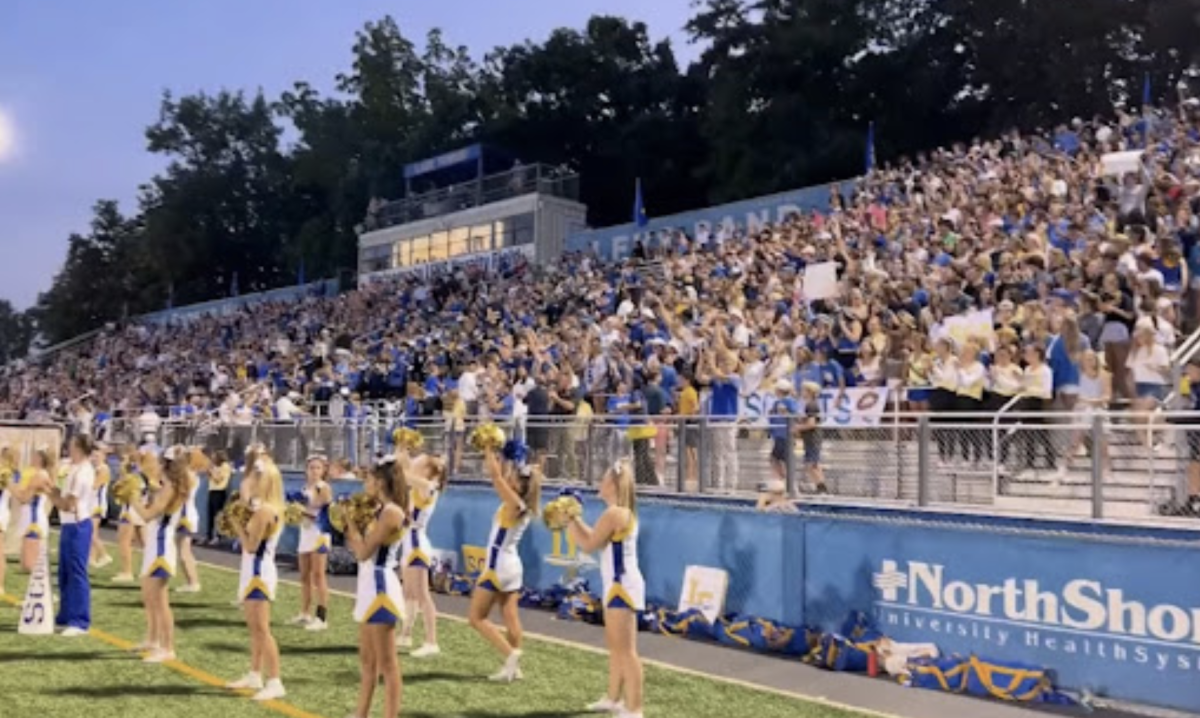For the past few years, the LFHS Student Council has been criticized by some for its lack of communication to the student body. In response, the council’s current leadership is spinning off new subcommittees and expanding its communication network to increase efficiency and student body engagement.
Student Body President JD O’Keane has been one of the principal actors in the matter. He acknowledged that Student Council suffers from some structural and communication issues. Along with the rest of the leadership, he has made fixing those issues a priority.
As president, O’Keane has led the spinning off of four separate sub-committees, ranging from communications to a committee focused on building up school spirit. These sub-committees will hopefully make Student Council more effective and open, he said.
O’Keane further identified communication as an issue of special importance to Student Council going forward and is implementing changes accordingly, with the help of the individual class presidents and advisors like English teacher Meaghan Laughlin. Since launching its Instagram profile on Aug. 15, the council has put out updates once a week, increasing the frequency of updates for Homecoming week. President O’Keane mentioned the possibility of a Twitter account later in the year.
These changes come in the wake of criticism levied at the council by disillusioned students. Senior George Schoettle, a two-year debate officer, said that the council serves as something for students to add to their resumés without actually doing much.
“The cabinet, to my knowledge, does nothing,” Schoettle said. “What have they done these past two years?”
Schoettle decided not to cast a ballot in last year’s elections because of what he saw as their uncompetitive nature.
“There was one candidate for each of the positions that mattered,” he said, pointing out that most of his friends did not vote either. This lack of voter participation makes Student Council an “inaccurate representation of the student body,” said Schoettle.
Schoettle’s lack of interest in Student Council arises at least in part from a lack of effective communication by the council. In the past, it has maintained only an infrequently updated section of the school website and communicated rarely, if at all, with the student body.
This lack of communication contrasts with Student Council’s vigor in pursuing other courses of action in and around the school. Student Body President JD O’Keane said that Student Council is responsible for running various service projects, football games, and of course Homecoming. This is in addition to maintaining and building up school spirit. In short, it is the driving force behind much of high school life.
Laughlin, Student Council’s overall advisor, added that it enables determined students to work towards improving the school and broader community.
“If they want to see change, I want to see them go about that,” Laughlin said.
In practice, Student Council’s ability to promote change is limited by several factors. Perhaps most significantly, it suffers from a lack of engagement among the student body; there is very little discussion pertaining to the council itself, only to what it does. This lack of popular engagement makes it less effective than it could be in rallying students to its cause.
At the same time, Student Council is just a group of students in a school which is ultimately governed by the school board. The school board, of course, is elected by the residents of Lake Bluff and Lake Forest, not the students of LFHS.
Junior Class President Sarah Bires placed emphasis on the fact that ultimate authority rests with the school board and not with the Student Council, and that this power imbalance has the practical effect of limiting Student Council’s ability to enact change, particularly if that change is opposed by the school board. While O’Keane represents the student body at school board meetings, he does not possess the power to change its decisions.
“It’s run by teachers, adults, and parents,” Bires said of LFHS, concluding that “it’s hard to make changes happen.”
Despite this damper on Student Council’s ability to operate independently, President O’Keane expressed optimism in the council’s functionality as a representative body. “We are the students’ voice,” he said, and to that end the current administration is emphasizing streamlining the council to make it more effective at representing its constituents.








